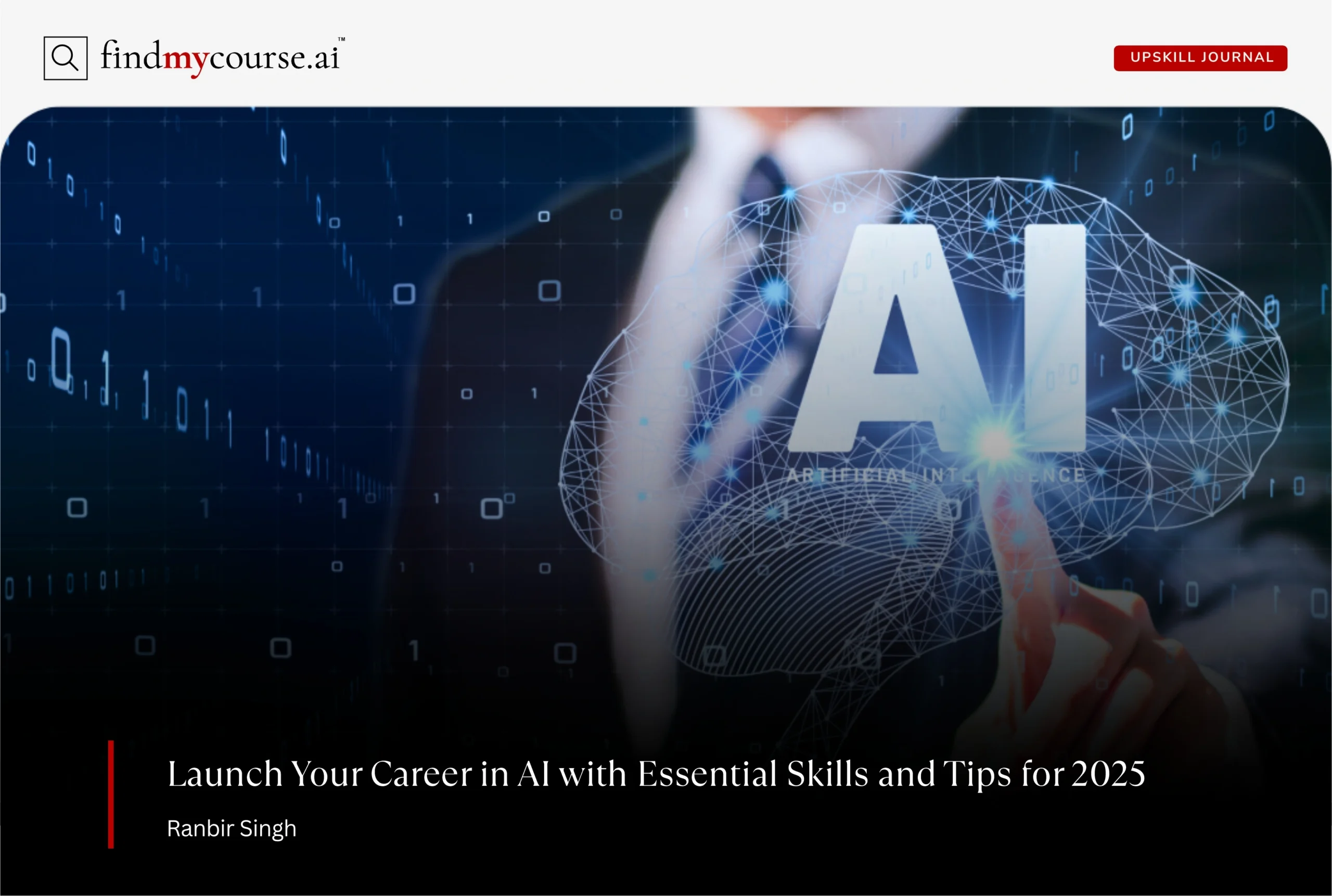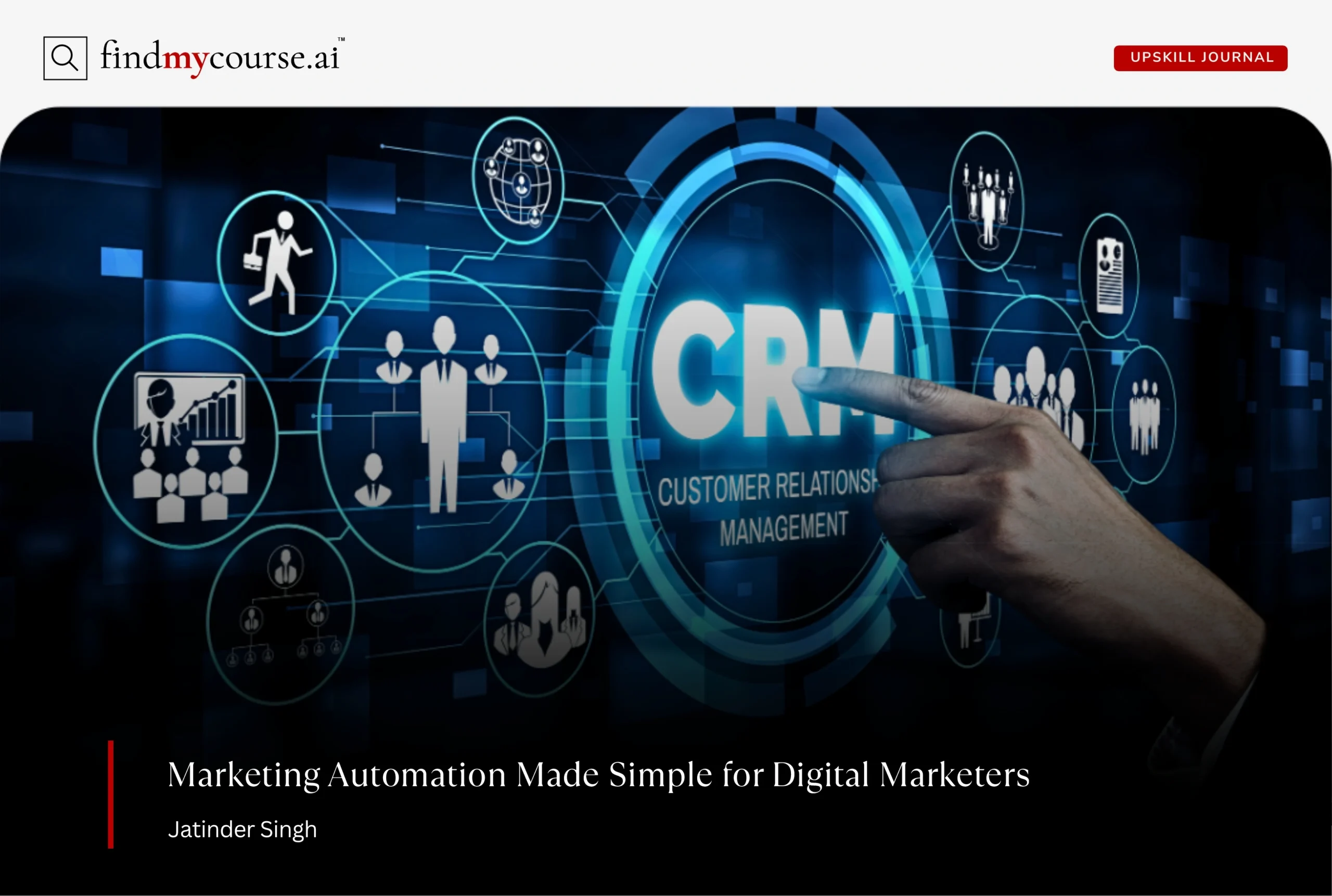Imagine building technologies that can predict the future, converse like humans, or even drive entire industries forward. Artificial Intelligence (AI) isn’t science fiction anymore—it’s a field where innovation meets opportunity every single day. In 2026, AI is reshaping the way we work, live, and solve problems, making it one of the most thrilling and rewarding areas to pursue professionally. If you’ve ever wondered how to start a career in AI, this guide will walk you step by step, showing how strategic learning and practical experience can open doors to a future where you don’t just witness change—you create it.
Why a Career in AI Is Worth Pursuing
AI is no longer just a tool—it’s the engine behind self-driving cars, personalized healthcare, and predictive business strategies. In 2026, organizations are racing to integrate AI, creating a landscape where skilled professionals can innovate, lead projects, and shape technologies that directly impact millions of lives. This makes a career in AI both dynamic and deeply rewarding.
Reasons Why AI careers stand out today:
- Skyrocketing Demand: Companies in fintech, biotech, retail, and climate tech are expanding AI teams, creating more openings than ever before.
- Hands-On Innovation: AI roles let you design intelligent systems—from recommendation engines to real-time language translators—that solve tangible problems.
- Cross-Industry Opportunities: AI expertise opens doors in unexpected sectors like agriculture, energy, and urban planning.
- Flexible and Global Work: Remote AI roles allow collaboration with global teams, letting you work on international projects without relocating.
- Continuous Learning & Upskilling: With emerging frameworks and AI tools, every project is an opportunity to deepen your skills and remain ahead of the curve.
- Competitive Compensation: Companies value AI talent highly, often offering premium salaries, bonuses, and equity for experienced professionals.
Steps to Build a Successful Career in AI
Starting a career in AI requires a clear roadmap that combines learning, practical experience, and continuous growth. By understanding the field, developing essential skills, and exploring opportunities, you can position yourself for success in this rapidly evolving industry. The following steps provide a structured guide to launching and advancing your AI career.
Step 1: Understand the AI Landscape
Before diving into technical skills, it’s crucial to understand the scope of AI. The field encompasses several subdomains:
- Machine Learning (ML): Systems learn from data to make predictions or decisions. ML is the backbone of most AI applications today.
- Natural Language Processing (NLP): This area allows computers to understand, interpret, and generate human language. Chatbots and virtual assistants rely heavily on NLP.
- Computer Vision: Enabling machines to interpret visual data, computer vision powers applications such as facial recognition and medical imaging analysis.
- Robotics: AI-driven robotics combines machine intelligence with physical automation, allowing machines to perform tasks autonomously.
Familiarizing yourself with these areas helps identify which AI career path aligns with your interests and strengths.
Step 2: Build a Strong Educational Foundation
Education is the backbone of any successful career in AI. While a formal degree in computer science, data science, or AI can provide a solid foundation, it is no longer the only path. Self-directed learning and upskilling through online platforms can be equally effective if approached strategically.
Focus on the following essentials:
- Mathematics: Understanding linear algebra, calculus, probability, and statistics is critical for designing and interpreting AI models.
- Programming Skills: Python remains the most popular language for AI, but familiarity with R, Java, or Julia can also be valuable.
- Data Structures and Algorithms: Knowledge here is vital for efficient programming and optimizing AI models.
By mastering these fundamentals, you gain the confidence to tackle real-world AI challenges.
Step 3: Gain Practical Experience
Practical experience separates theory from real-world application. Engaging in projects allows you to build a portfolio that demonstrates your capabilities to employers. Here are some ways to gain hands-on experience:
- Develop AI Projects: Build a chatbot, recommendation engine, or image recognition system to apply your skills in practical scenarios.
- Contribute to Open Source: Platforms like GitHub offer countless opportunities to collaborate on AI projects, improving your coding skills while gaining visibility.
- Internships and Research Programs: Even short-term experiences provide valuable insights into the AI workflow and industry standards.
Moreover, working on diverse projects enhances problem-solving skills and helps you discover your niche within AI.
Step 4: Specialize in a Niche Area
AI is vast, and specialization makes you more competitive. Narrowing your focus allows you to develop deep expertise and differentiate yourself. Potential specializations include:
- AI Ethics: Ensuring fairness, transparency, and accountability in AI systems.
- AI Product Management: Overseeing the design, development, and deployment of AI-driven products.
- Machine Learning Engineering: Concentrating on building scalable ML systems for enterprise applications.
- AI Research: Innovating new algorithms and technologies to push the boundaries of AI.
Selecting a specialization aligns your learning and career trajectory, helping you stand out in the competitive job market.
Step 5: Stay Updated and Network
AI evolves rapidly, making continuous learning essential. Staying informed about trends, tools, and techniques ensures your skills remain relevant. Consider these strategies:
- Attend Conferences and Workshops: Engaging with AI communities at events fosters knowledge-sharing and inspiration.
- Join Online AI Communities: Discussion forums, Slack groups, and social media communities provide collaboration opportunities.
- Follow Thought Leaders: Keeping up with AI experts’ work and insights exposes you to emerging technologies and career guidance.
Networking not only builds professional relationships but can also open doors to mentorship and job opportunities.
Step 6: Explore Career Opportunities
A career in AI offers diverse paths across industries. Key roles include:
- AI Engineer: Designing and implementing AI systems to solve specific business problems.
- Data Scientist: Transforming complex datasets into actionable insights through AI models.
- Machine Learning Engineer: Developing algorithms that allow machines to learn autonomously.
- AI Researcher: Innovating new techniques to advance the field of AI.
Each role has distinct requirements, but all value problem-solving, analytical thinking, and creativity.
Step 7: Embrace Lifelong Learning
The most successful AI professionals are those who commit to lifelong learning. In addition to formal courses and certifications, staying curious and experimenting with new technologies ensures your career remains dynamic and resilient.
Consequently, building a career in AI is not just about technical skills—it also requires adaptability, creativity, and a mindset for continuous improvement. Every project, challenge, and collaboration is an opportunity to learn and grow.
Common Challenges and How to Overcome Them
Even with strong skills, starting a career in AI comes with hurdles that beginners often underestimate. Being aware of these challenges early helps you navigate them more effectively.
| Key Challenges | Strategies to Overcome Them |
| Overemphasis on Tools Over Concepts – Focusing only on frameworks or libraries without understanding underlying principles can limit growth. | Focus on core concepts first, then explore tools and frameworks. |
| Analysis Paralysis – With so many AI subfields, it’s easy to get stuck deciding where to start. | Pick one AI subfield to start with and gradually expand your expertise. |
| Impatience with Learning – AI is complex, and expecting rapid mastery can lead to frustration. | Break learning into small, achievable milestones to maintain momentum. |
| Isolation in Learning – Attempting to learn entirely on your own can slow progress and reduce exposure to best practices. | Join communities, attend workshops, or find mentors to stay connected and supported. |
Final Thoughts
Starting a career in AI in 2026 is both exciting and rewarding. By understanding the AI landscape, building foundational skills, gaining practical experience, specializing in a niche, and staying connected with the AI community, you can successfully navigate this rapidly evolving field.
AI is more than a career—it’s a chance to contribute to technologies that shape the future. With dedication, curiosity, and continuous learning, you can create meaningful impact while enjoying a fulfilling and sustainable career. And if you ever feel stuck or need guidance along the way, you can always turn to our AI assistant for personalized support to keep your journey on track.


